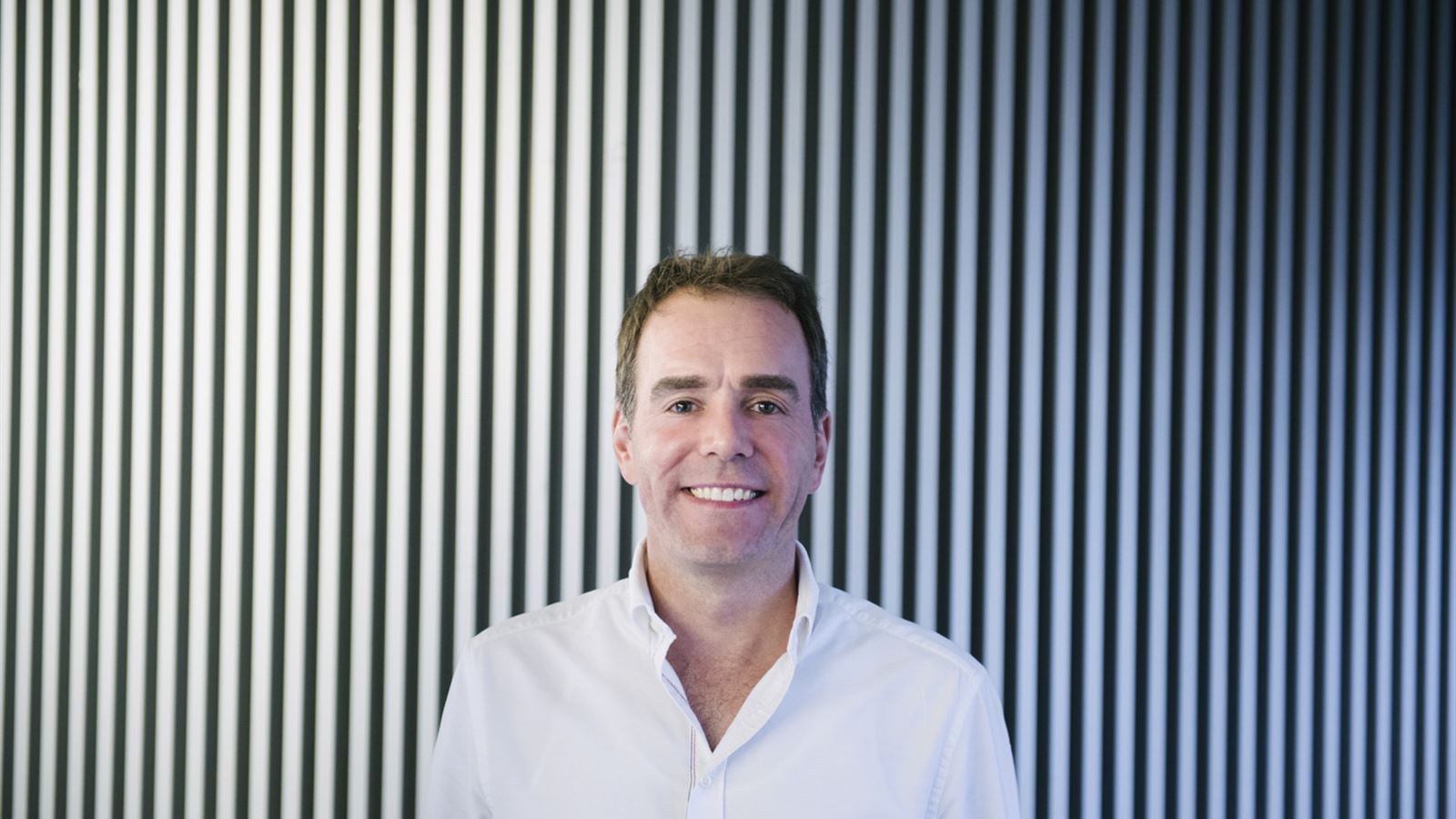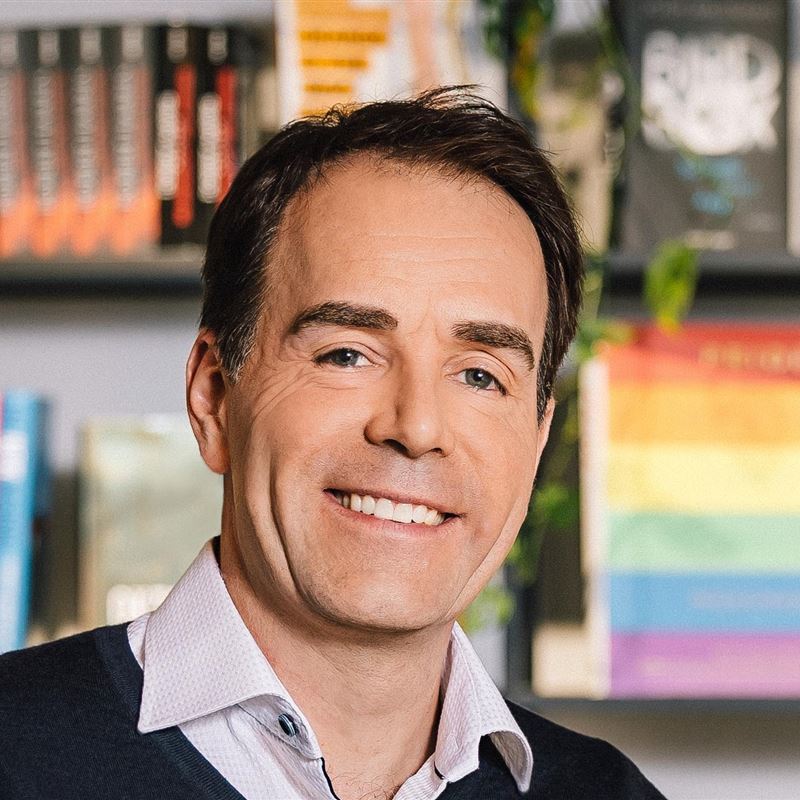Benjamin Harris, the Head of Programme for Serial Eyes, sat down with MIDPOINT to talk about what the 9-month residential program has to offer and how to apply for the April 15 deadline.
News
Serial Eyes: Working in television and getting paid for it

Q: What would be the typical background of a Serial Eyes participant? Who is the program targeting?
Benjamin Harris: Serial Eyes is aimed at up-and-coming European TV writers who have worked professionally in their home market and are now ready to step up to an international level. The ideal candidate thrives on teamwork and will want to work in a writers’ room setting. We accept twelve people per year, so it’s a pretty intimate setting. You have to be willing to work with eleven other people in close quarters for nine months! Applicants should have at least 1-3 years of professional experience as a screenwriter and should ideally have written at least one episode for a drama or comedy series for a TV channel in their own country. Alternatively, candidates may also have successfully completed a TV writing program such as MIDPOINT TV Launch. Very important: candidates must have a high level of fluency in written and spoken English. Serial Eyes is taught entirely in English.
Q: Are Central and Eastern European applicants welcome?
BH: Yes, very much so. We encourage applicants from Central and Eastern Europe, especially MIDPOINT TV Launch alumni. We now offer tuition scholarships for applicants from so-called low-capacity countries (for a complete list of qualifying countries please check our admissions webpage).
Q: How does the Serial Eyes training work? Is it a day-to-day “school”?
BH: Serial Eyes is a full-time, residential program. That means participants commit to living and studying in Berlin for the full 9 months. We carry a pretty packed, five-days-a-week schedule, especially in the first semester, with all-day workshops, seminars and writers’ rooms. There are writing periods at regular intervals in the course. But participants should expect to be together with their peers on an almost daily basis.
Q: What topics does the 9-month program cover?
BH: Our focus is the writers’ room experience. That means participants learn the dynamics of the writers’ room and practice leading a team of writers. But we’re also a project incubator that encourages a collaborative workshop setting. Participants are trained in narrative techniques in serial writing and the various modes for conceiving new series concepts. Each participant develops his/her own TV series from initial idea all the way to finished project proposal and pilot script. They also collaborate on group projects that are often written to a specific brief from one of our industry partners. Finally, our participants must understand the exigencies and demands of the marketplace and learn about various European markets and their specific development and production methods.
Q: What special segments apart from the training at Berlin’s dffb does the program offer?
BH: Our study trips are meant to introduce participants to different markets and the TV professionals working there. Through our collaborations with the London Film School and the National Film School of Denmark, we spend time in London and Copenhagen respectively and explore the local TV industries, learn about their working methods and meet with other writers, producers and commissioning editors from those markets. We attend the Berlinale Drama Series Days and the Series Mania TV festival in Lille and conference in Lille, France, and host networking mixers at those events so that participants can build their professional networks.
Q: What skills, contacts, knowledge do the participants graduate with?
BH: Serial Eyes is a pressure cooker. So one of the most important qualifications that our graduates are recognized for in the industry is their discipline and their ability to work well under pressure. In addition, Serial Eyes graduates have built up a sharp understanding of series storytelling. They know how to manage a team of writers and are very comfortable in a writers’ room. Finally, they have amassed a network of industry contacts across Europe. They will know how to speak to agents, producers and commissioning editors and will be able to pitch their stories with ease and clarity.
Q: What are some notable successes of the Serial Eyes alumni?
BH: Some notable alumni include Jana Burbach (Writer of Bad Banks for ZDF/ARTE, Co-Creator of Tribes of Europe for Netflix), Dennis Schanz (Creator of Skylines for Netflix), Alexander Lindh and Julia Penner (Head Writers of Druck/aka Skam Germany for ZDFneo), Laura Grace (Writer on Das Boot for Sky Germany), Wiktor Piatkowski (Creator of Wataha–The Pact for HBO Europe), Isaure Pisani-Ferry (Co-Creator of Vampires for Netflix), and Ivan Knezevic (Writer on Hackerville 2 for HBO Europe). There are many more who are doing fantastic work. The main thing is that pretty much everybody is working as a writer and/or producer in television and getting paid for it. That’s a big success in my book!
The application deadline for Serial Eyes 2020/2021 is April 15, 2020. For more information, please visit the admission webpage.


